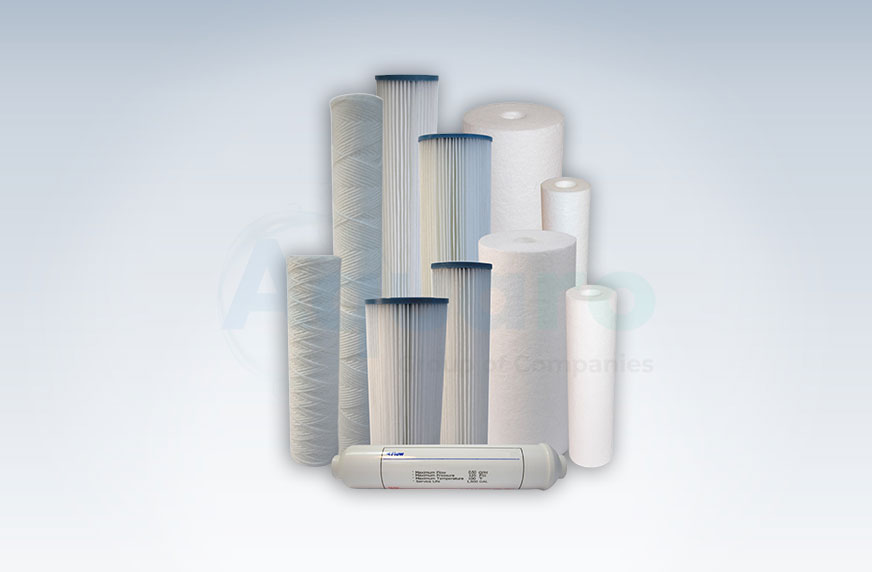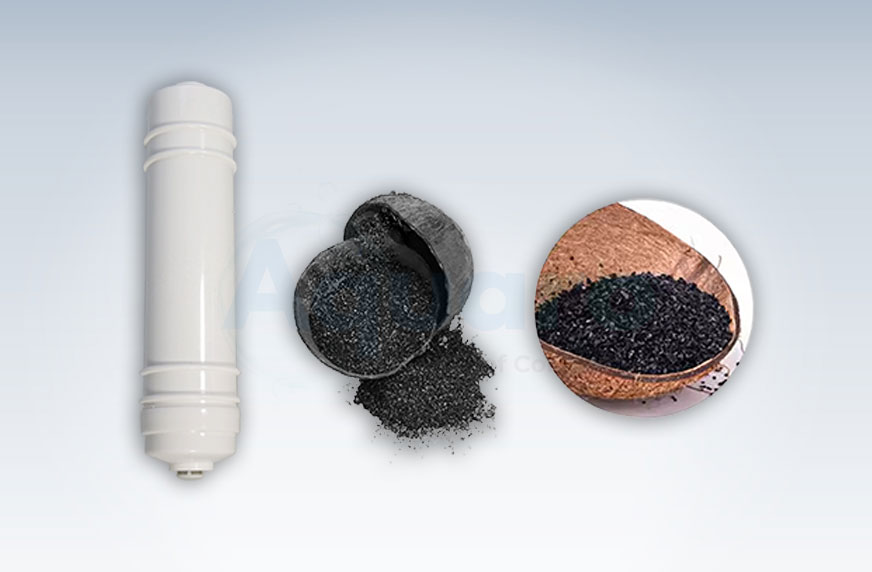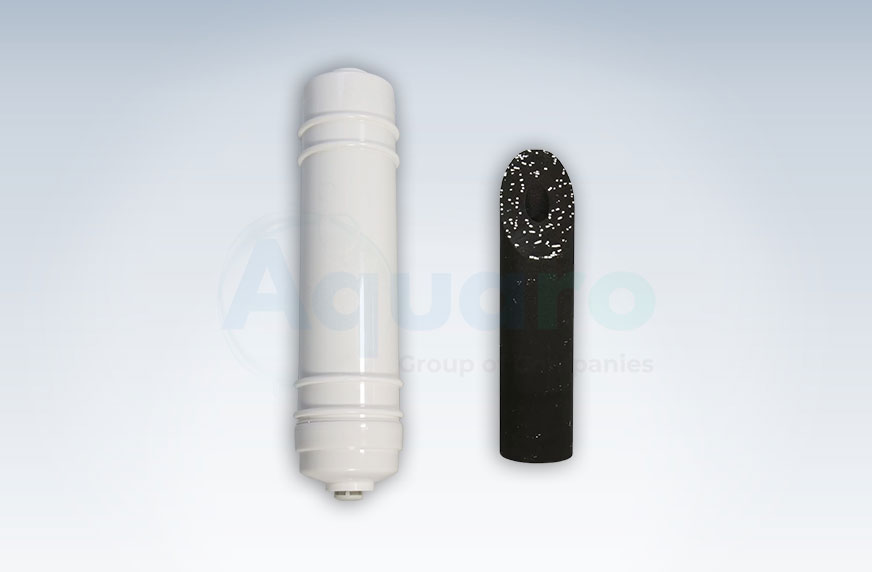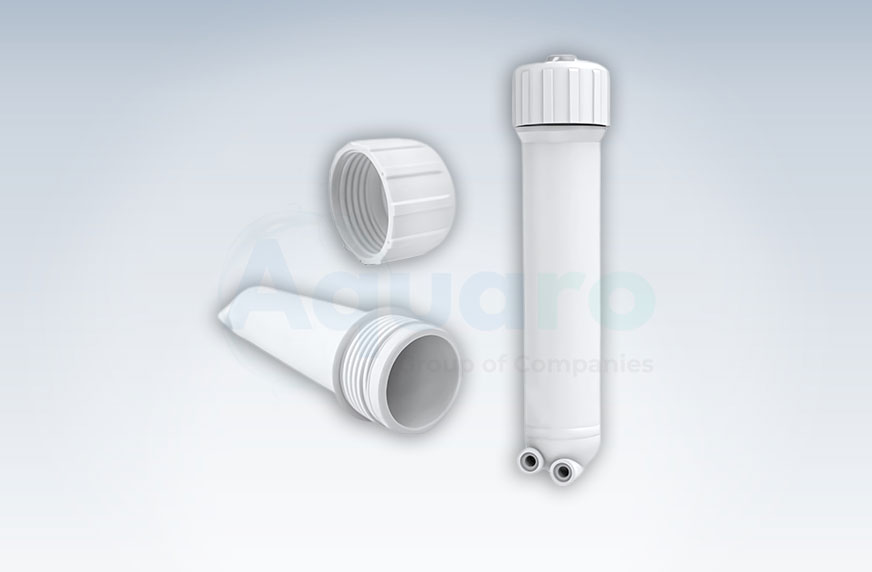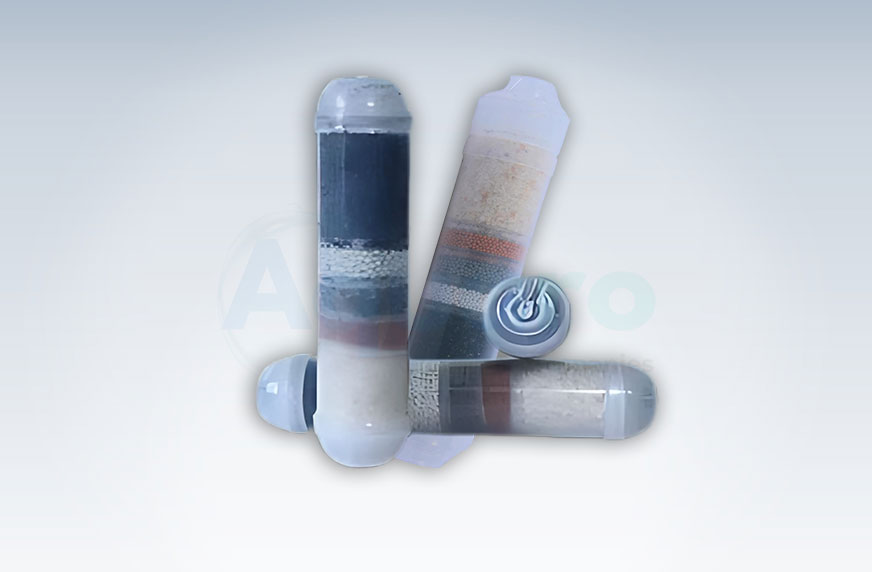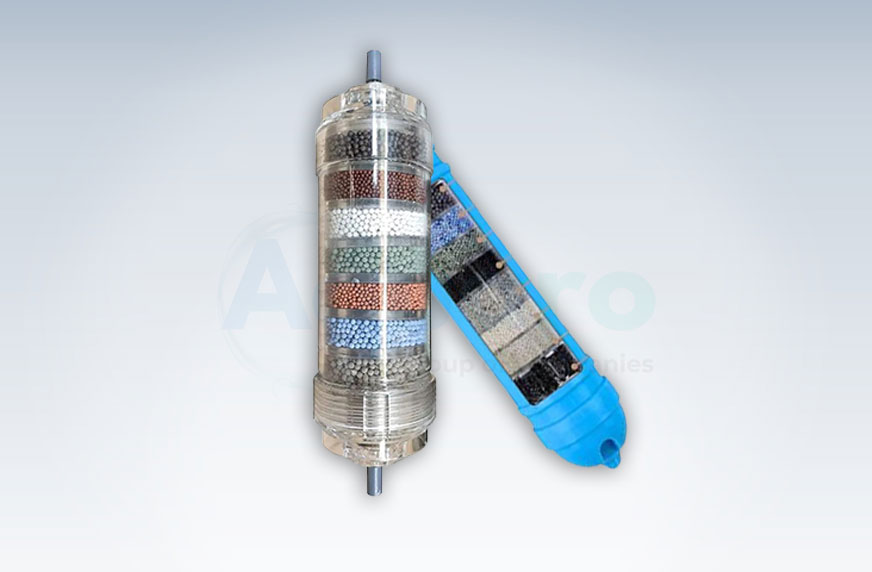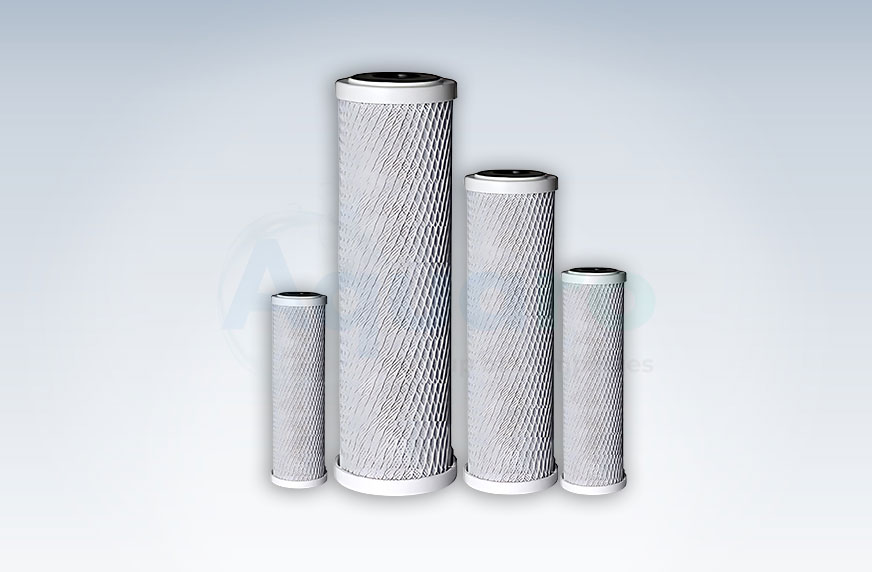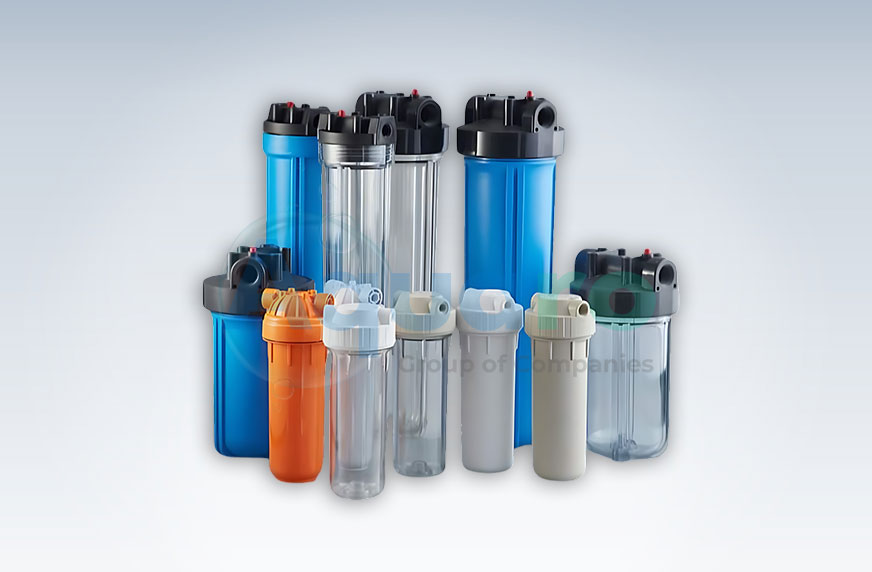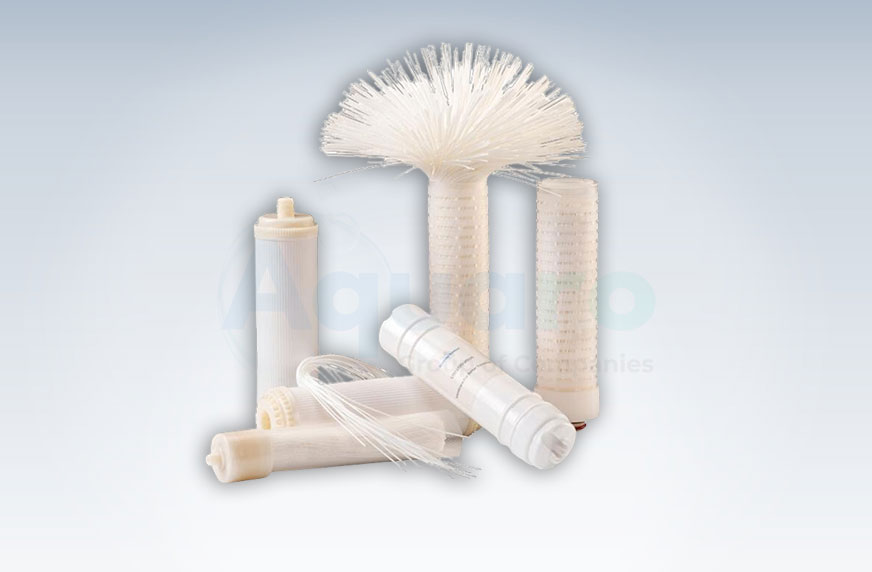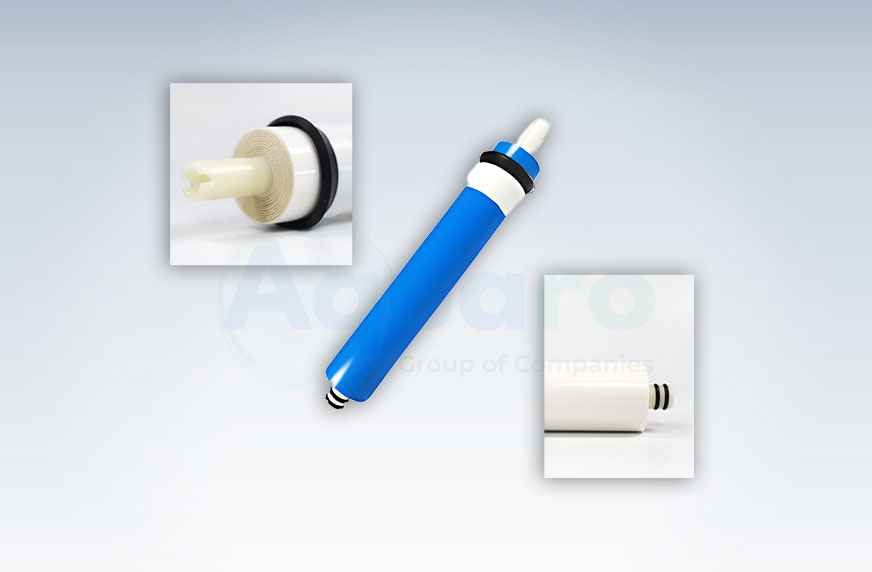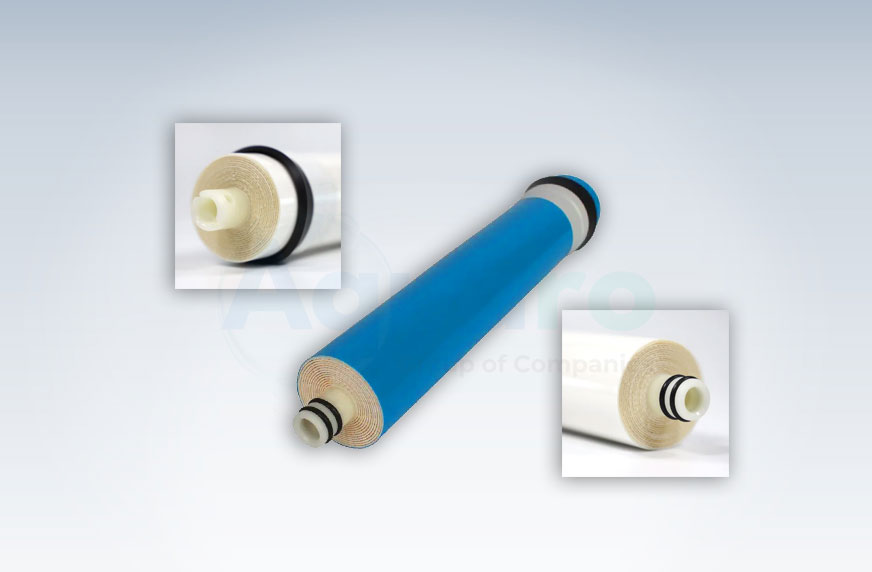
A Comprehensive Guide to Choosing the Right Water Filter
Home Blog A Comprehensive Guide to Choosing the Right Water Filter

A Comprehensive Guide to Choosing the Right Water Filter
Access to clean and safe drinking water is essential for maintaining good health. However, tap water is often contaminated with chemicals, heavy metals, bacteria, and other pollutants that can pose health risks. A good water filtration system can remove these impurities, ensuring your water is safe to drink. But with so many different types of water filters on the market, how do you choose the right one for your needs? This guide will walk you through the important factors to consider when selecting the perfect water filter for your home.
1. Understand Your Water Quality
The first step in choosing a water filter is to understand what’s in your water. Different areas have different water quality concerns. For instance, some regions may have high levels of heavy metals like lead, while others may struggle with bacteria or high chlorine levels. You can obtain a water quality report from your local municipality, or you can use a water testing kit to analyze your tap water for contaminants. Knowing what impurities you're dealing with will help you choose a filter that effectively targets those specific issues.
2. Types of Water Filters
Once you know what contaminants are present in your water, you can choose the appropriate type of filter. There are several types of water filtration systems, each with its own strengths and weaknesses.
Activated Carbon Filters
Activated carbon filters are one of the most common and affordable types of filters. They work by trapping contaminants through a process called adsorption, where pollutants stick to the surface of the carbon. These filters are particularly effective at removing chlorine, volatile organic compounds (VOCs), bad odors, and taste. However, they are less effective at removing heavy metals, bacteria, or dissolved minerals.
Best for : Improving taste and removing chlorine, VOCs, and bad odors
Reverse Osmosis (RO) Filters
Reverse osmosis systems use a semi-permeable membrane to remove a wide range of contaminants, including heavy metals, fluoride, nitrates, and bacteria. RO systems are highly effective and can filter out up to 99% of impurities. However, they also remove beneficial minerals like calcium and magnesium and waste a significant amount of water in the process.
Best for : Removing heavy metals, fluoride, bacteria, and dissolved salts.
Ultraviolet (UV) Purifiers
UV purifiers use ultraviolet light to kill bacteria, viruses, and other microorganisms in water. While UV systems are excellent for disinfecting water, they do not remove chemical contaminants, heavy metals, or sediments.
Best for : Eliminating harmful bacteria and viruses.
Distillation Systems
Distillation involves heating water to create steam, then cooling it to remove impurities. This process is highly effective at removing contaminants like heavy metals, chemicals, and bacteria. However, it is also energy-intensive and slow, making it less practical for large households.
Best for : Removing a broad range of contaminants, including heavy metals and bacteria.
Ion Exchange Filters
Ion exchange filters are commonly used to soften water by removing minerals such as calcium and magnesium, which cause water hardness. These filters work by exchanging these minerals for sodium or potassium ions. While they are great for reducing hard water, they do not remove many other contaminants.
Best for : Softening water and removing scale-forming minerals.
3. Consider Your Water Usage
The type of water filter you choose should also depend on your water usage. Larger households or those with high water consumption may need a filter system with a higher capacity. Smaller homes or apartments may be able to use portable options like water filter pitchers or faucet-mounted filters.
Pitcher Filters : These are convenient and affordable, but they need frequent refilling and can only filter a limited amount of water at a time.
Faucet-Mounted Filters : These are easy to install and provide filtered water on demand, but they may not be as thorough as other systems.
Under-Sink Filters : These systems are more robust and are ideal for filtering large quantities of water. They are installed directly under the sink and can filter water before it reaches the faucet.
Whole-House Systems : If you want to filter all the water in your home, a whole-house system might be the best option. These systems are installed at the main water line and filter water for the entire household, including showers, sinks, and appliances.
4. Filter Lifespan and Maintenance
Different filters have different lifespans and maintenance requirements. For instance, activated carbon filters may need to be replaced every two to six months, while reverse osmosis membranes can last up to two years. UV lamps in UV purifiers generally need replacement every year. Make sure to factor in the cost and frequency of filter replacement when choosing a system. A system that requires less frequent maintenance might be more convenient in the long run, especially for busy households.
5. Certification and Standards
When choosing a water filter, look for certifications from reputable organizations, such as NSF International or the Water Quality Association (WQA). These certifications ensure that the filter meets safety and performance standards. Certified filters have been tested for their ability to remove specific contaminants, so you can be confident that they will effectively improve your water quality.
6. Budget Considerations
Water filtration systems vary greatly in price, from inexpensive pitcher filters to costly whole-house systems. Consider your budget when making a decision, but also weigh the long-term benefits of cleaner water. While a more expensive system may have a higher upfront cost, it could save you money over time by providing better filtration, lasting longer, or requiring fewer filter replacements.
7. Environmental Impact
Finally, consider the environmental impact of the water filter you choose. For example, reverse osmosis systems can waste a significant amount of water, making them less eco-friendly. On the other hand, filters with replaceable cartridges might generate plastic waste. If environmental sustainability is a priority for you, look for systems with minimal waste or ones made from recyclable materials.
Conclusion
Choosing the right water filter depends on several factors, including the quality of your water, the type of contaminants you need to remove, your household's water usage, and your budget. By understanding these variables and the different types of filtration systems available, you can make an informed decision that ensures your family has access to clean, safe drinking water. Investing in the right water filter is a long-term commitment to better health and well-being.

